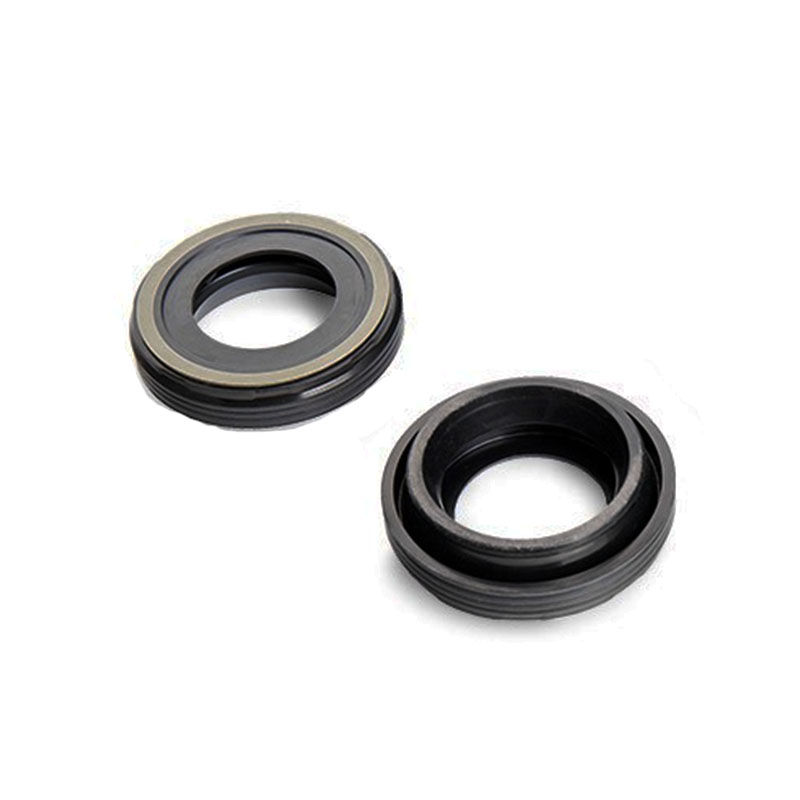shaft oil seal
Understanding Shaft Oil Seals Importance and Applications
Shaft oil seals, often referred to simply as oil seals, are critical components used in various machinery and automotive applications. Their primary function is to prevent the leakage of lubricant, as well as to keep contaminants such as dirt and moisture out of the system. This is essential for maintaining the longevity and efficiency of machinery, from industrial equipment to everyday vehicles.
The design of a shaft oil seal typically consists of a flexible rubber material and a metal casing. The flexible lip of the seal creates a tight fit against the rotating shaft, effectively sealing the bearing or housing from external elements. This design helps to contain the oil, ensuring that it lubricates the moving parts, thereby minimizing friction and wear. Oil seals are thus crucial in preventing premature failure of mechanical components, significantly reducing maintenance costs and downtime.
Shaft oil seals come in various sizes, types, and materials, enabling them to fit a multitude of applications. Common types include radial lip seals, which are designed to accommodate high speeds and pressures, and axial seals for applications requiring a tight seal against axial movement. The choice of material is also significant; while rubber is commonly used for its flexibility and resistance to wear, synthetic materials may be chosen for enhanced chemical resistance or temperature stability.
shaft oil seal

The applications of shaft oil seals are vast, spanning industries such as automotive, aerospace, manufacturing, and marine. In automotive applications, oil seals are often used in engine components, transmission systems, and wheel bearings. In manufacturing, they play a critical role in machinery such as pumps, compressors, and motors, ensuring that moving parts remain well-lubricated and protected from harmful contaminants.
Over time, wear and tear can lead to degradation of the oil seal, resulting in lubricant leaks and potential damage to surrounding components. Regular inspections and timely replacement of worn seals are therefore essential to maintain optimal performance and avoid costly repairs.
In conclusion, shaft oil seals are small yet vital components that ensure the effective operation of machinery across various industries. By preventing lubricant leaks and protecting against contaminants, they play an indispensable role in promoting efficiency, reliability, and longevity of mechanical systems. Whether in a car, industrial machine, or any moving part, the proper function of an oil seal can make all the difference. Understanding their importance can help individuals and organizations make informed decisions regarding maintenance and replacement, ultimately leading to more reliable operations.
-
Understanding the Front Main Engine Seal: Purpose, Maintenance, and Installation
News Jul.29,2025
-
Understanding O-Rings and Seal Rings: Types, Applications, and Custom Solutions
News Jul.29,2025
-
Understanding Crankshaft Oil Seals: Rear Seals, Pulley Seals, and Their Role in Engine Integrity
News Jul.29,2025
-
The Importance of Front and Rear Crankshaft Seals in Engine Performance and Oil Management
News Jul.29,2025
-
Crank Oil Seals: Functions, Types, and Cost Considerations in Engine Maintenance
News Jul.29,2025
-
A Comprehensive Guide to O-Rings and Seals: Types, Materials, and Global Applications
News Jul.29,2025
-
Mastering Diesel and Performance Engine Maintenance: A Guide to Critical Oil Gaskets
News Jul.28,2025
Products categories















